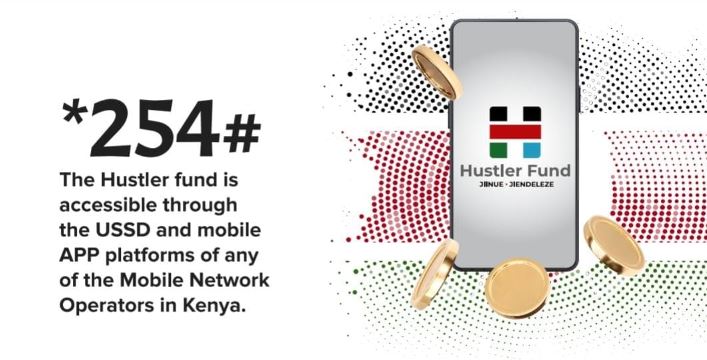 The Kenyan government has asserted that its proposed plan to recover unpaid Hustler Fund loans by accessing defaulters’ M-PESA accounts is lawful; A statement coming in response to concerns raised about the legality and privacy implications of such a move.
The Kenyan government has asserted that its proposed plan to recover unpaid Hustler Fund loans by accessing defaulters’ M-PESA accounts is lawful; A statement coming in response to concerns raised about the legality and privacy implications of such a move.
On Wednesday, Susan Mang’eni, Principal Secretary for the State Department for MSME’s and Development, issued a statement addressing these concerns. “The default recovery measures under consideration will be in line with laws of Kenya and particularly in strict adherence to data protection laws,” Mang’eni stated.
She added, “We wish to assure Kenyans that the government remains committed to the adherence of data protection laws and the default recovery measures will be within the law.”
The government’s stance was further elaborated during a session of the National Assembly’s Special Funds Account Committee on the same day.
Elizabeth Nkukuu, acting CEO of the Financial Inclusion Fund (Hustler Fund), revealed that the government is considering deducting money from the M-PESA accounts of individuals who have defaulted on their Hustler Fund loans. The total amount in default is reported to be Ksh 7 billion.
Nkukuu explained the rationale behind this approach: “What we are looking at is to get money from their MPesa or airtime, we are in the process of considering appropriate legal provisions. The beauty of this Fund is that we have the phone numbers and the unique identifiers of the defaulters, the national ID. They are people of means, they are people who just don’t want to repay.”
According to Nkukuu, approximately 13 million Kenyans have borrowed from the Hustler Fund and have not repaid their loans. The government claims it has exhausted other recovery methods, leading to this more aggressive approach.
The Hustler Fund, launched by President William Ruto in November 2022, was designed to promote financial inclusion. In June 2023, the program expanded to include Hustler Group Loans, offering registered groups access to loans between Ksh 20,000 and Ksh 1 million at a reduced interest rate of 7%.
While defending its recovery plan, the government also encouraged Kenyans to repay their loans, emphasizing that timely repayment would improve borrowers’ credit scores.
The proposed recovery method has raised questions about data privacy and the extent of government access to personal financial information.








